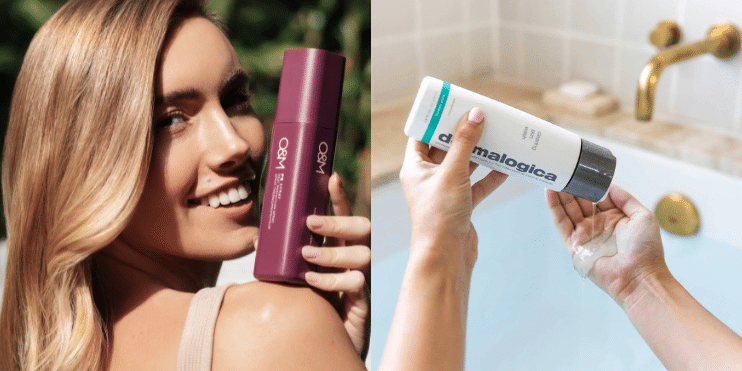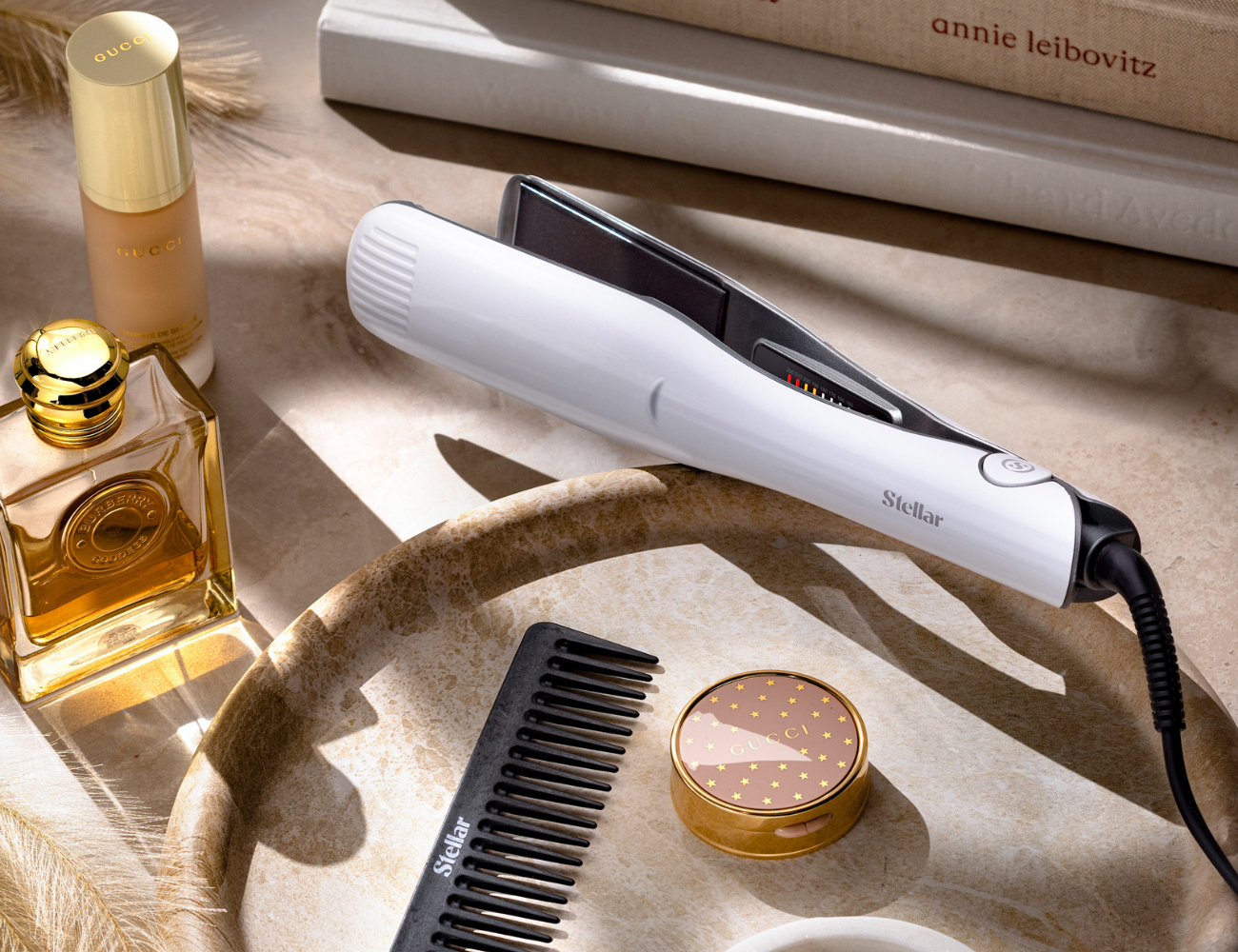A lot of women invest hundreds to thousands of dollars a year on hair care products designed to help them achieve beautiful, lustrous hair. But don’t you just hate it when factors beyond your control ruin all of your efforts? One example of that is your type of water source at home. Hard water, to be specific, is especially notorious for making your hair feel dull and extremely dry. This is due to the presence of certain mineral deposits in the water, such as magnesium or calcium. These mineral deposits spell disaster when they come into contact with your hair. In fact, these are the same culprits behind those dark rings present on your sinks or toilet bowls. Imagine how much damage it brings to your hair over time!

Before you start to treat hair that is ruined by hard water, you must first make sure that it is indeed caused by the presence of mineral deposits in your water source. You have to check your hair and see if there is any green colouring that is starting to form. If you examine the hair texture as well, you will notice that the strands feel sticky, lifeless and limp. Hard water is also very harmful to your hair that has undergone chemical treatments such as perming, colouring or straightening. Exposing your hair that has gone through any of these treatments will drain away all of your investments in the salon because it will cause your hair to become dull and fall out.
The first step is to perform a water test on your water source. The goal here is to identify which minerals are present in the water. This won’t cost you a fortune, but it will pay off in the long run as far as the savings you can make from treating your hair. Then, seek out the help of a professional to “treat” your hard water in order to minimise the harsh effects of these minerals on your hair. At the same time, you want to reduce the buildup of these minerals in your toilet bowl, sink, or shower, as they can also damage your properties over time.
You can also install a shower filter to ensure that any of these mineral deposits do not come into contact with your hair when you shower. But you have to regularly replace the filter in order for the filtration system to work efficiently.
A weekly clarifying treatment is also a good way to fix and reverse the effects of hard water on your hair. However, this tip might work only for those with natural hair or those who haven’t undergone chemical treatments. Make sure to work the clarifying shampoo thoroughly on your hair and scalp to cleanse off the mineral deposits.
Due to the flaky and dull texture of your hair strands, do not forget to make conditioning a regular part of your hair care routine. Daily conditioner can infuse moisture into the strands to reverse the signs of damage. Meanwhile, a deep conditioner must also be added to the weekly treatment procedure to restore bounce and elasticity to the hair shaft.
Have you experienced hard water problems with your hair? How did you address this hair problem?






